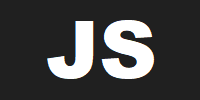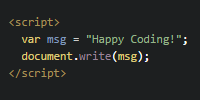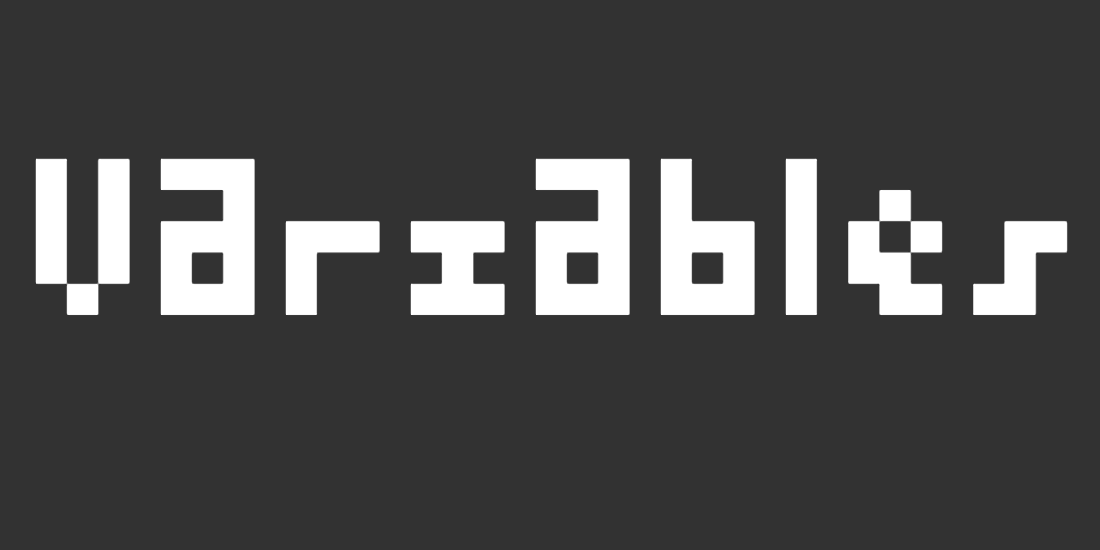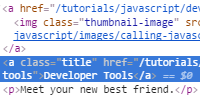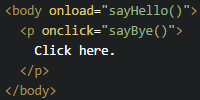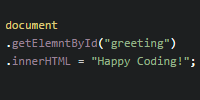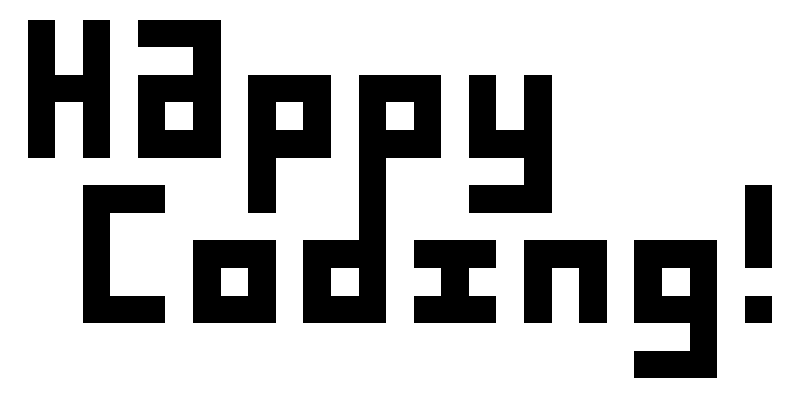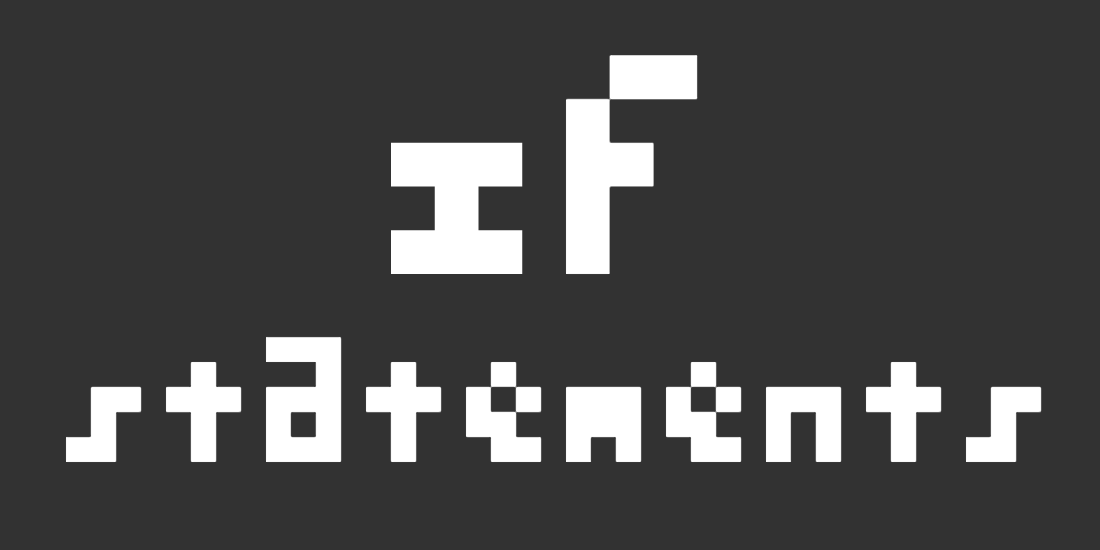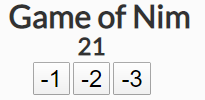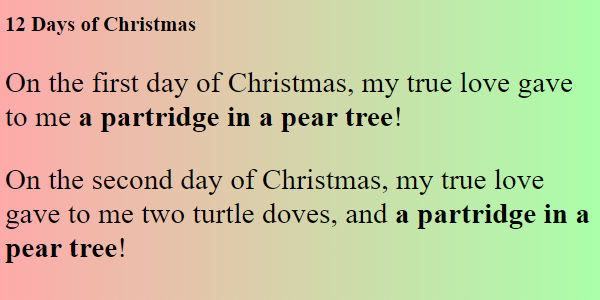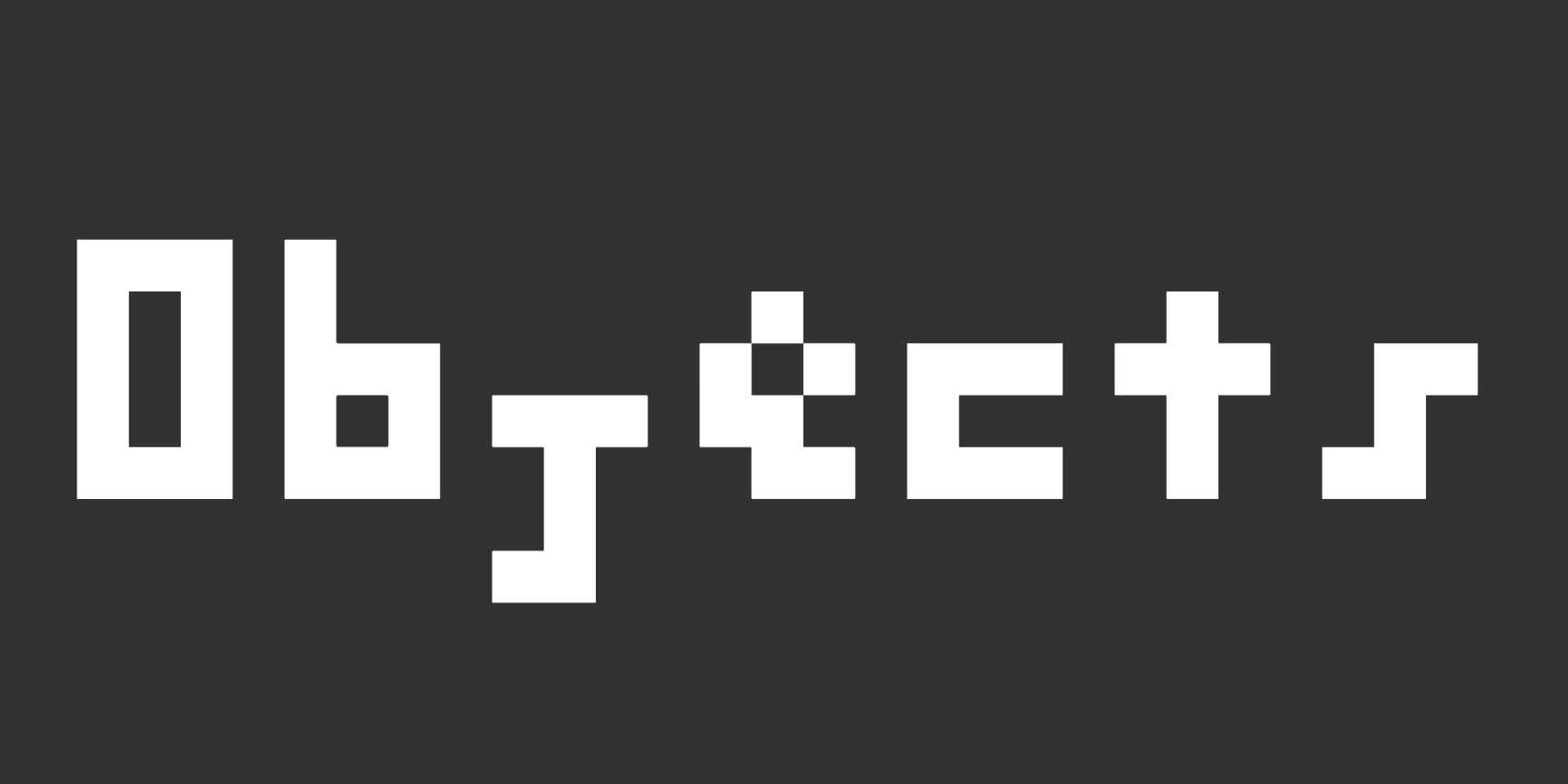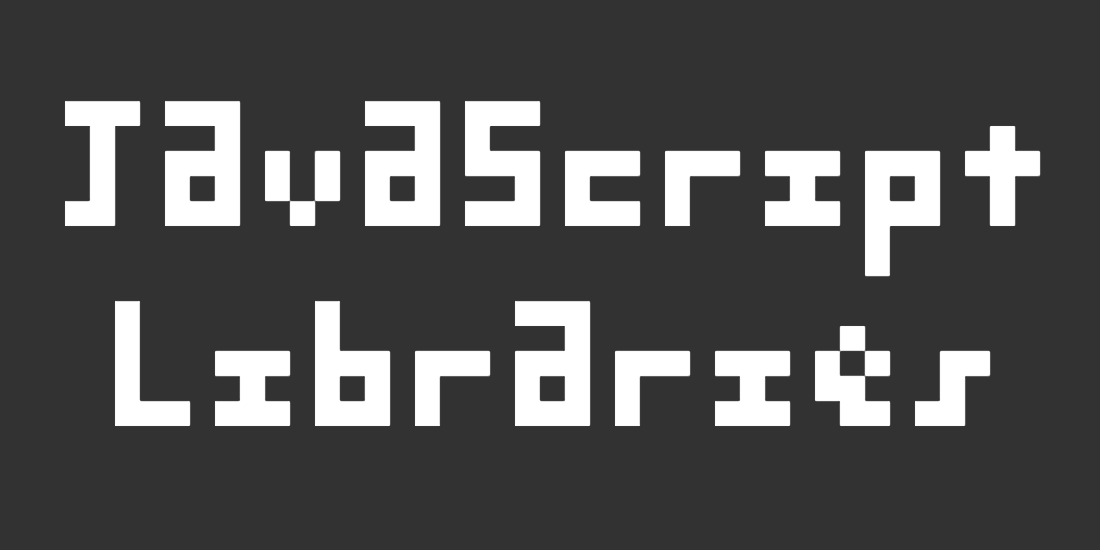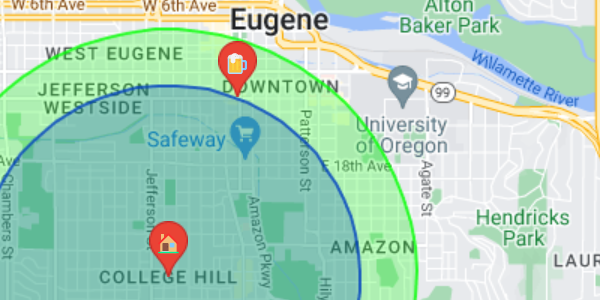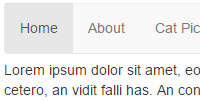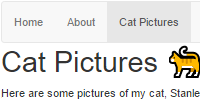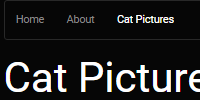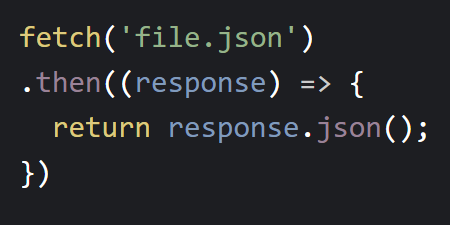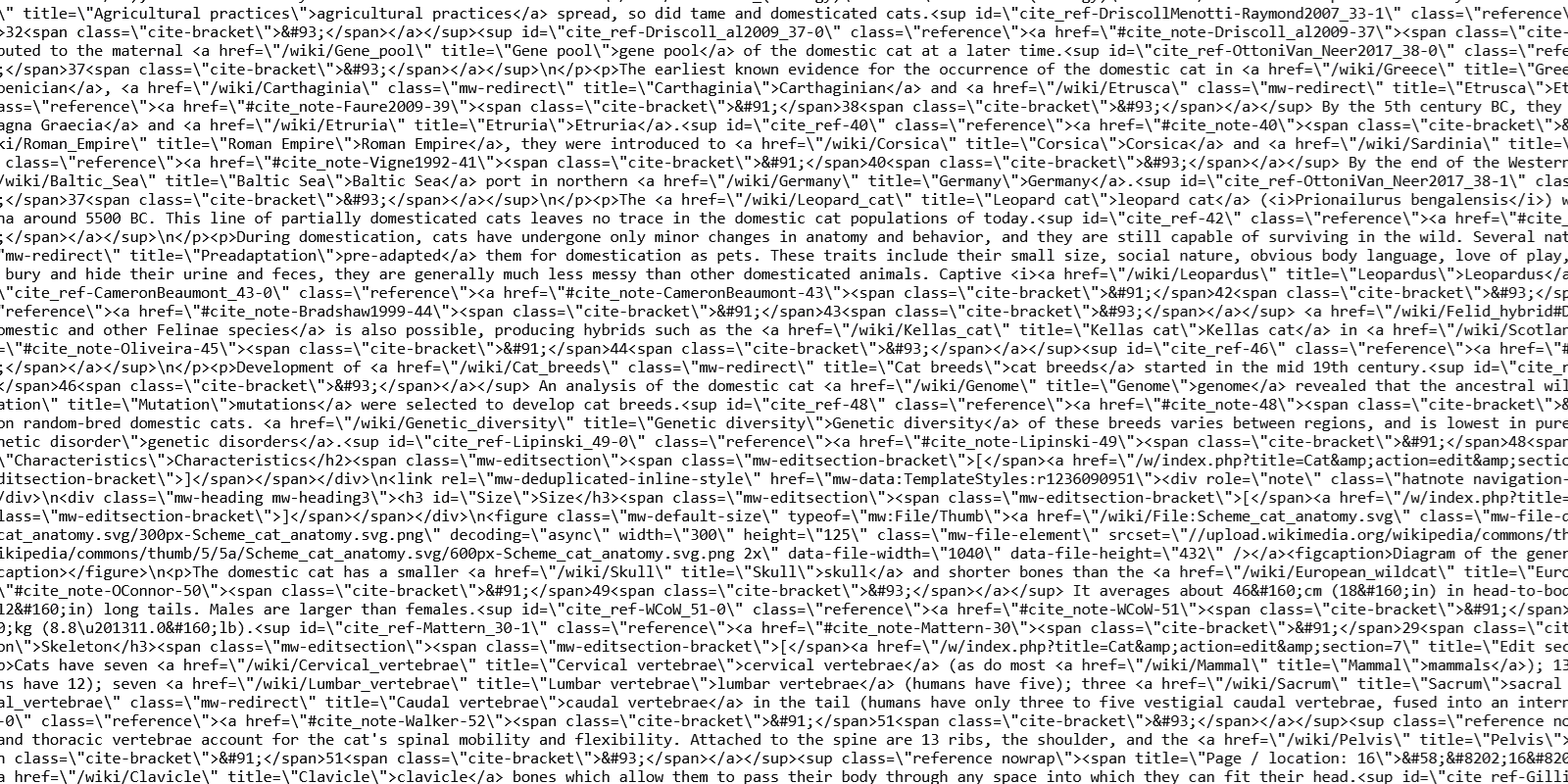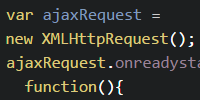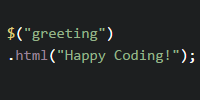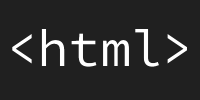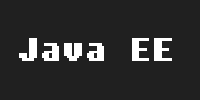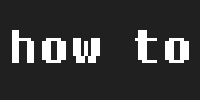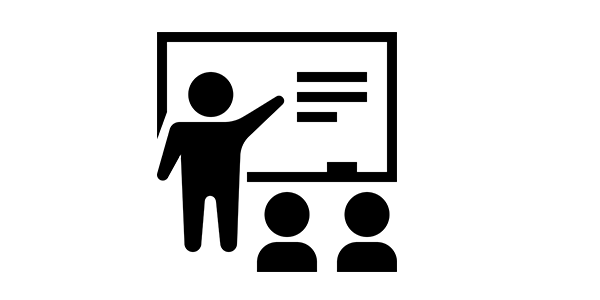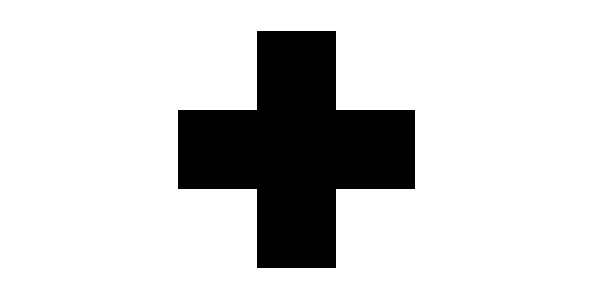For Loops
For Loops
Now you know the fundamentals of JavaScript. You’ve created variables and functions, and you’ve used if statements to conditionally take different actions in your code.
This tutorial introduces for loops, which let you repeat code multiple times.
For Loop Syntax
To create a for loop, first type the for keyword, and then in parentheses () provide three things:
- Declare a variable to keep track of how many times you’ve looped, and initialize it to a number (usually 0):
let index = 0; - Write a test that evaluates to a boolean value of
falsewhenever the loop should stop:index < 10; - Reassign the variable so that it increases after each loop:
index = index + 1;(which can be shortened toindex++)
Then inside curly brackets {}, write the code that you want to repeat. Putting it all together, it looks like this:
See the Pen by Happy Coding (@KevinWorkman) on CodePen.
Repeating Code
The for loop syntax is new, so let’s talk about how to read it.
for (let index = 0; index < 10; index++) {
document.write('<p>index: ' + index + '</p>');
}
Like all other code, the best way to read a for loop is line-by-line. The first line is doing a few things, so you might introduce some white space to make it easier to read:
for (
let index = 0;
index < 10;
index++
) {
document.write('<p>index: ' + index + '</p>');
}
- First, the
forkeyword tells you that the code is going to loop a certain number of times. - Then the
let index = 0;part tells you the loop index will start at zero. - Then the
index < 10part tells you that the loop will continue until index reaches 10. - Then the
index++part tells you that the loop variable increases by1each time the code loops. - Finally, the
document.write('<p>index: ' + index + '</p>');line prints some content to the page
Now this is where for loops get interesting: when the code reaches the end of the loop, first it runs the index++ part, and then it starts back over at the top! Then it checks the index < 10 part, and if it’s still true, it runs the loop again. This process repeats until index < 10 evaluates to false, at which point the code skips to the bottom of the loop and keeps going.
Indexing and Incrementing
The above example starts the loop variable at 0. This is very common (and you’ll see why when you learn about arrays), but keep in mind that you can start your loop at any value you want.
See the Pen by Happy Coding (@KevinWorkman) on CodePen.
This code starts the loop at 7, and keeps looping until the loop variable exceeds 77. It also increases the loop variable by 7 after each iteration of the loop.
Homework
- Create a webpage with a number input. When the user enters a number, print out the lyrics to the song that never ends that many times.
- Create a webpage that shows the lyrics to 99 bottles of beer on the wall.
